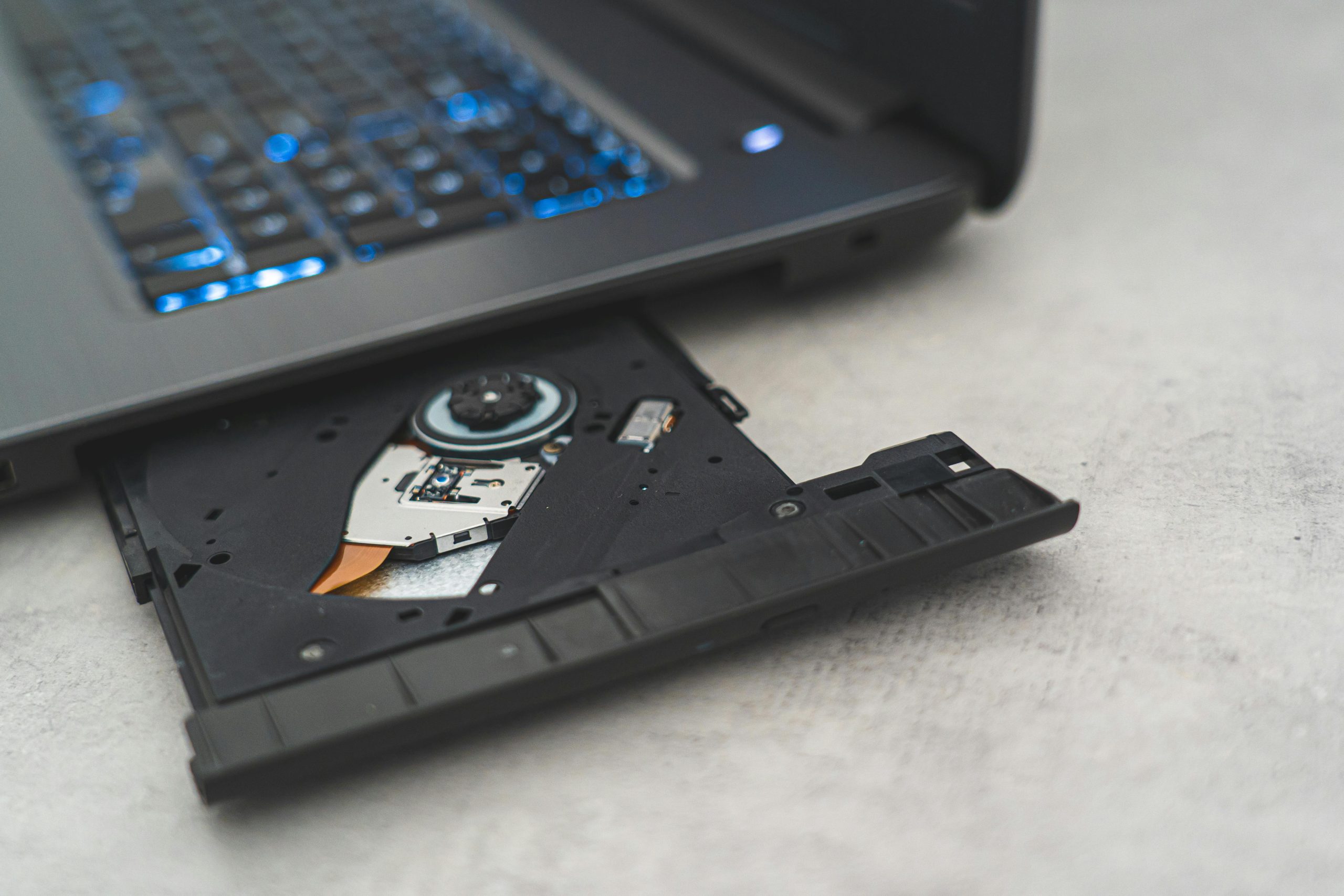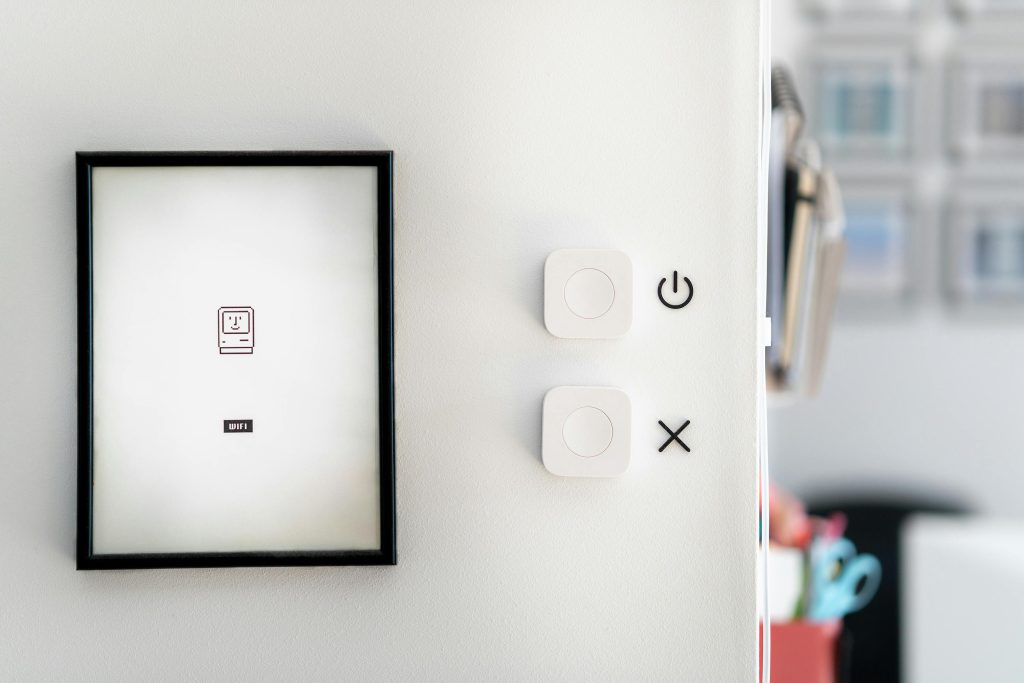Understanding “Disk Not Initialized” Errors When Using NVMe-to-USB Adapters: Hardware Failures or Compatibility Issues?
When recovering data from high-end storage devices, encountering errors can be challenging and nerve-wracking. Recently, I faced a situation involving an NVMe SSD removed from a Dell PC that was beyond repair. My goal was to transfer crucial data to a new Windows 11 system using a third-party USB-to-NVMe adapter. However, I encountered a persistent “Disk Not Initialized” error in Disk Management. This experience raises important questions about the root cause: Is it predominantly caused by low-quality hardware adapters, or could there be underlying hardware issues?
The Context
The original device was a high-performance NVMe SSD housed within a Dell workstation. Due to motherboard and CPU failures—reported by Dell as hardware burnout—the drive was removed, with the intent of data recovery. The challenge was connecting this drive to another computer via a budget-friendly USB-to-NVMe adapter. Upon connection, Windows 11’s Disk Management tool recognized the drive but failed to initialize it, displaying the “Disk Not Initialized” message.
Common Causes of “Disk Not Initialized” Errors
This error typically indicates that Windows recognizes a storage device but cannot access or read its contents properly. Several factors can contribute:
-
Hardware Compatibility and Quality of Adapter: Cheaper adapters may lack robust firmware, proper power delivery, or reliable connectors, leading to communication issues or data corruption.
-
Drive Damage or Hardware Failure: The NVMe SSD itself might have physical defects, especially if it was subjected to previous failures or burnt out components.
-
File System Corruption: Logical errors or corruption within the drive’s filesystem can cause Windows to flag it as uninitialized.
-
Firmware or Driver Issues: Outdated or incompatible drivers can impede proper detection of storage devices.
Assessing the Role of the Adapter
In my experience and based on reports from other professionals, the quality of the NVMe-to-USB adapter plays a significant role in successful data recovery. Lower-cost adapters often lack the necessary hardware robustness, which can result in communication errors or prevent the drive from being properly detected. Upgrading to a higher-quality, well-reviewed adapter—that supports the full NVMe specification and delivers reliable power—often improves compatibility.
Is Hardware Failure the Underlying Cause?
While poor-quality adapters are a common culprit, it is also prudent to consider that the drive might have sustained physical damage. NV
Share this content:



